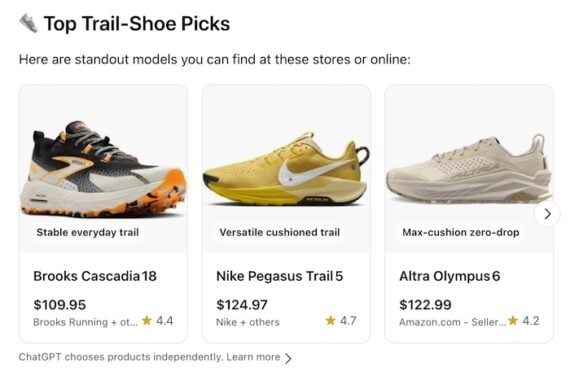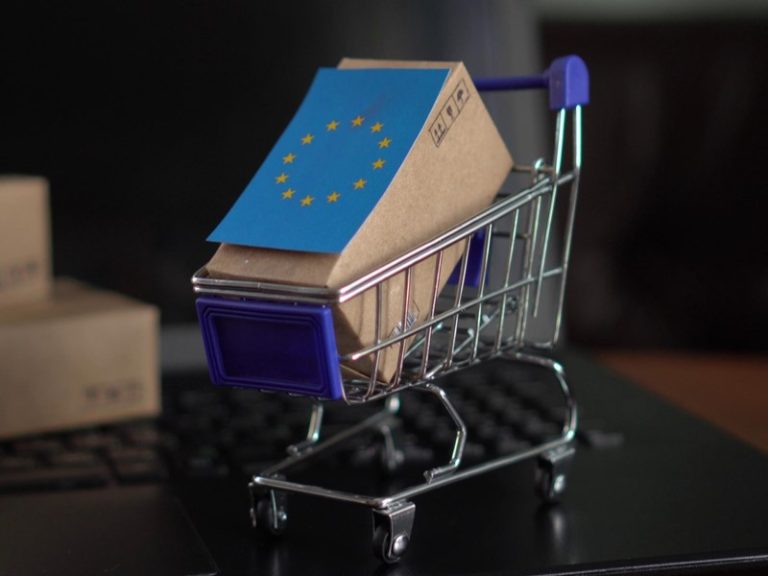
Buying second-hand products online has become common in Germany: 55 percent of consumers bought a used product online last year. Additionally, most Germans are active sellers of used products: 52 percent offered something for sale, mainly fashion, books, and electronics.
This is according to a new report by Bundesverband E-Commerce und Versandhandel Deutschland (bevh), created in collaboration with the universities of Saarland and Regensburg. The report’s title is: “Relevance and perspectives of recommerce for German retail”.
Ecological and price motivations
A survey of 1,903 German consumers found that there are several main reasons for purchasing second-hand products. Of the respondents, 71.5 percent cited ecological concerns, 71.2 percent mentioned the low prices, and 66 percent referred to the value-for-money aspect. The vast majority of second-hand buyers (77.6 percent) said it is likely they will purchase second-hand products online again in the next 12 months.
Most buyers expect to buy second-hand products again
In 2024, the total German recommerce revenue reached 9.9 billion euros, as announced by bevh last month. This marked a 7.2 percent growth in the second-hand market, nearly twice as fast as the growth of online product spending in Germany (3.8 percent).
Second-hand shopping
Online sales of second-hand products traditionally take place on P2P platforms such as Vinted, where consumers connect as buyers and sellers. In recent years, many retail and platform companies have also entered the second-hand market.
For example, Ikea, which dominates the European online furniture market alongside Amazon, launched a marketplace for pre-owned furniture. Decathlon recently started offering selling partners the option to sell used sporting goods in Germany. Demand from European customers has pushed second-hand shopping on Amazon into a billion-euro business. And TikTok Shop aims to bring the sale of pre-owned items to continental Europe.
Price-conscious and sustainable
Online shopping is the driving force behind the transformation from a linear to a circular economy, according to bevh. Ecommerce provides “the alternative to the throwaway mentality”, says spokeswoman Daniela Bleimaier. “It shows that price-conscious shopping can also be sustainable. Policymakers can make a significant contribution by supporting retailers in this transition.”
‘Ecommerce is an alternative to the throwaway mentality’
Politicians still do not consider recommerce part of the ecological transformation, Bleimaier believes. There is a need for a political framework that promotes recommerce, according to bevh, with measures to strengthen consumer trust, lower VAT, harmonize European regulations, and stimulate digital product passports, open data standards, clear definitions for used, refurbished, and recycled products, and transparent product labeling.





